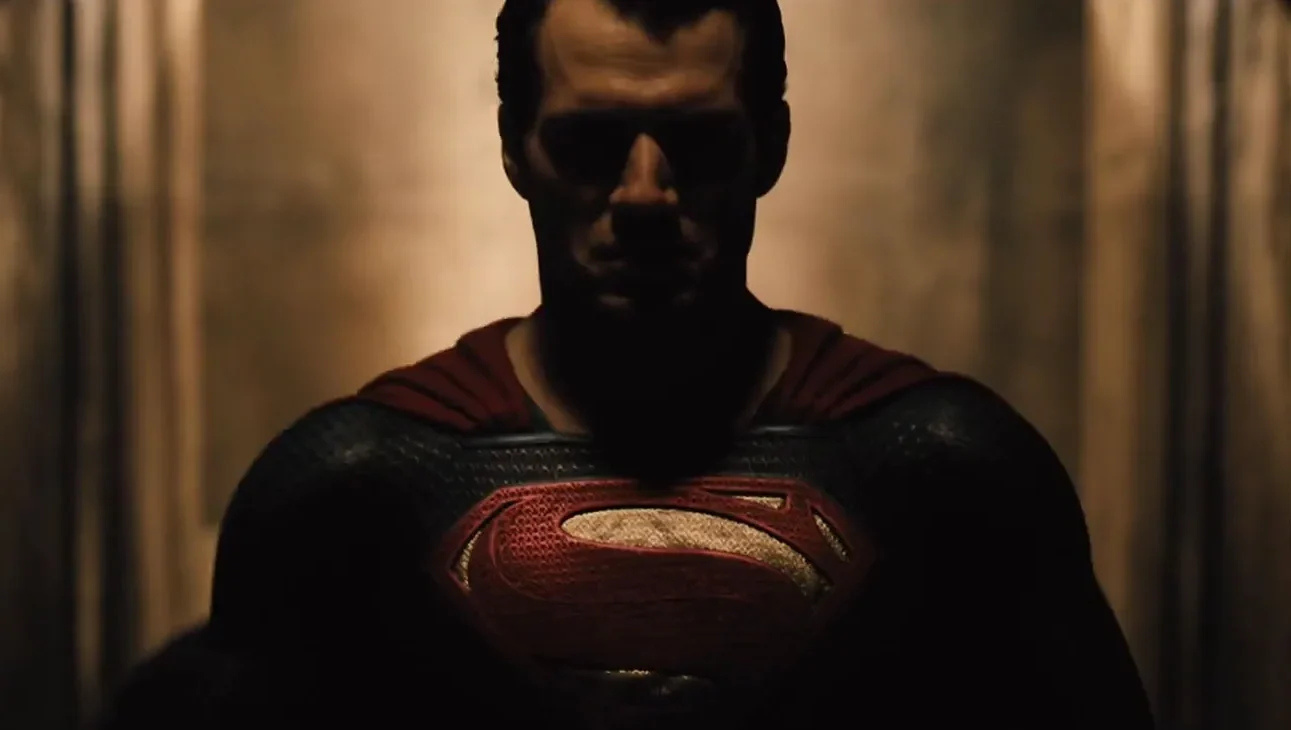Shuster Estate Files Lawsuit Against Warner Bros. Over Superman Copyright Dispute
In a major legal confrontation, the estate of Joseph Shuster, co-creator of Superman, has filed a lawsuit against Warner Bros. Discovery and DC Comics, disputing the studio’s rights to distribute the forthcoming Superman film in key international markets.
Filed in a New York federal court by Mark Warren Peary, executor of Shuster’s estate, the lawsuit contends that Warner Bros. lacks the proper legal authority to release the highly anticipated superhero film in Canada, the United Kingdom, Ireland, and Australia. According to the estate, copyright laws in these countries dictate that the rights to Superman automatically reverted to Shuster’s heirs 25 years after his passing in 1992. This means the estate legally regained control in 2017 (and in 2021 for Canada), calling into question Warner Bros.’ authority to distribute the film in these territories.
A Warner Bros. Discovery spokesperson responded to the lawsuit, stating, “We strongly disagree with the claims made in the lawsuit and intend to defend our position vigorously.” Despite the ongoing legal battle, the studio remains committed to proceeding with its scheduled release of the film.
The lawsuit could have a significant impact on the latest Superman installment, which is slated for a July 11 premiere this year. Directed by James Gunn, the film stars David Corenswet as Superman, Rachel Brosnahan as Lois Lane, Nicholas Hoult as Lex Luthor, and Maria Gabriela de Faria as The Engineer.
In January, Gunn heightened anticipation by unveiling a new teaser that provided fans with an exhilarating glimpse of the film’s action sequences. The footage showcased intense fight scenes and an intriguing first look at Nicholas Hoult’s portrayal of the infamous villain Lex Luthor, fueling excitement for the film’s release.
As legal proceedings continue, the fate of Superman’s distribution in contested international markets remains uncertain. Should the court rule in favor of Shuster’s estate, Warner Bros. may need to renegotiate distribution rights or even halt the film’s release in certain regions. However, if Warner Bros. prevails, the studio would solidify its global claim over Superman’s rights, potentially setting a precedent for future copyright disputes within the entertainment industry.
This case brings to light the ongoing complexities of intellectual property and legacy rights in Hollywood. Given Superman’s long-standing history and cultural significance, the legal ruling could have broad implications for the way rights to classic comic book characters are managed in the future.
As both sides prepare for what could be a landmark courtroom battle, industry experts and fans alike are closely watching how the case unfolds. Whether resolved through legal negotiations or a high-profile courtroom showdown, the outcome is likely to shape the landscape of superhero franchises and their distribution rights for years to come.







